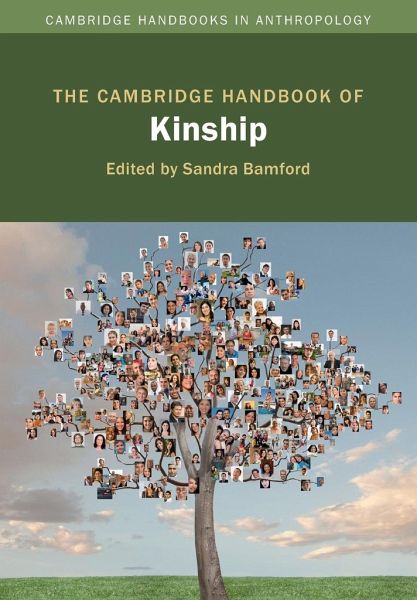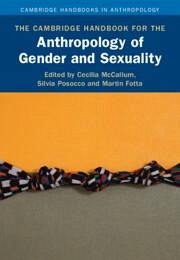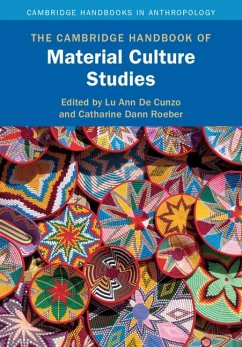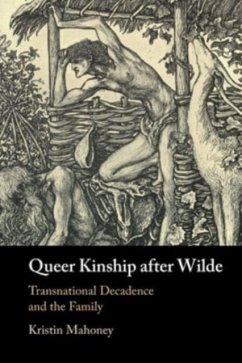
The Cambridge Handbook of Kinship
Versandkostenfrei!
Versandfertig in 1-2 Wochen
46,99 €
inkl. MwSt.

PAYBACK Punkte
23 °P sammeln!
An essential work of reference for students and researchers of kinship, this Handbook will also be of interest to anyone working on issues related to gender, subjectivity, personhood, power relations, embodiment, globalization, and the history of social science thought.














